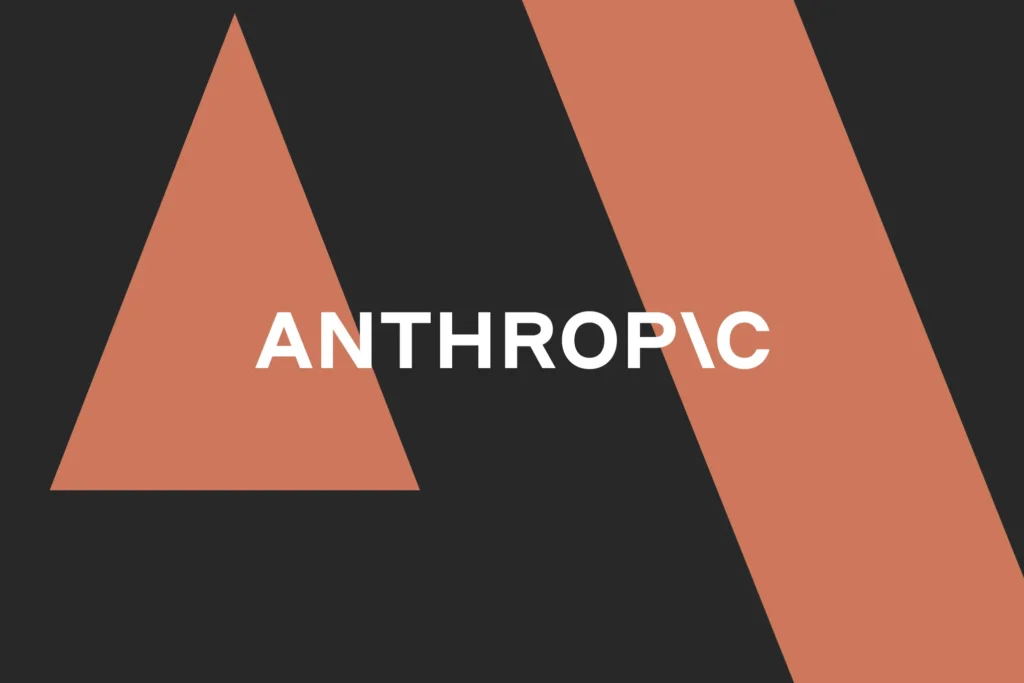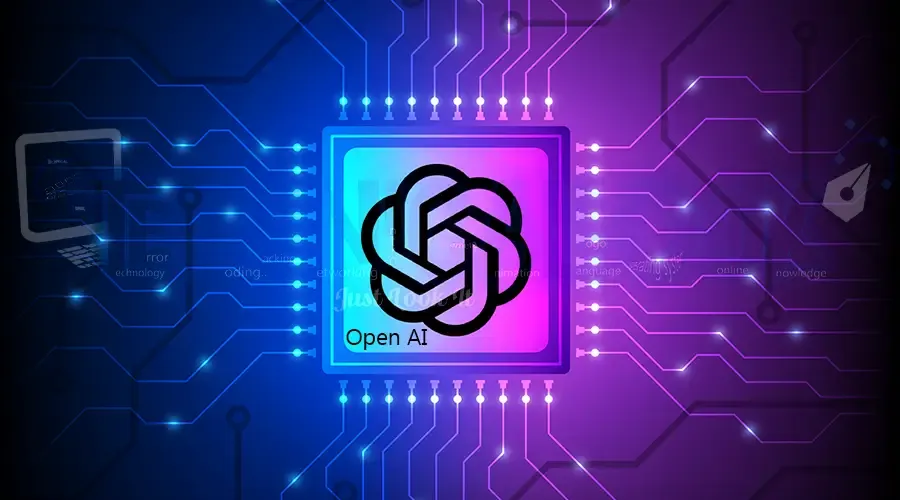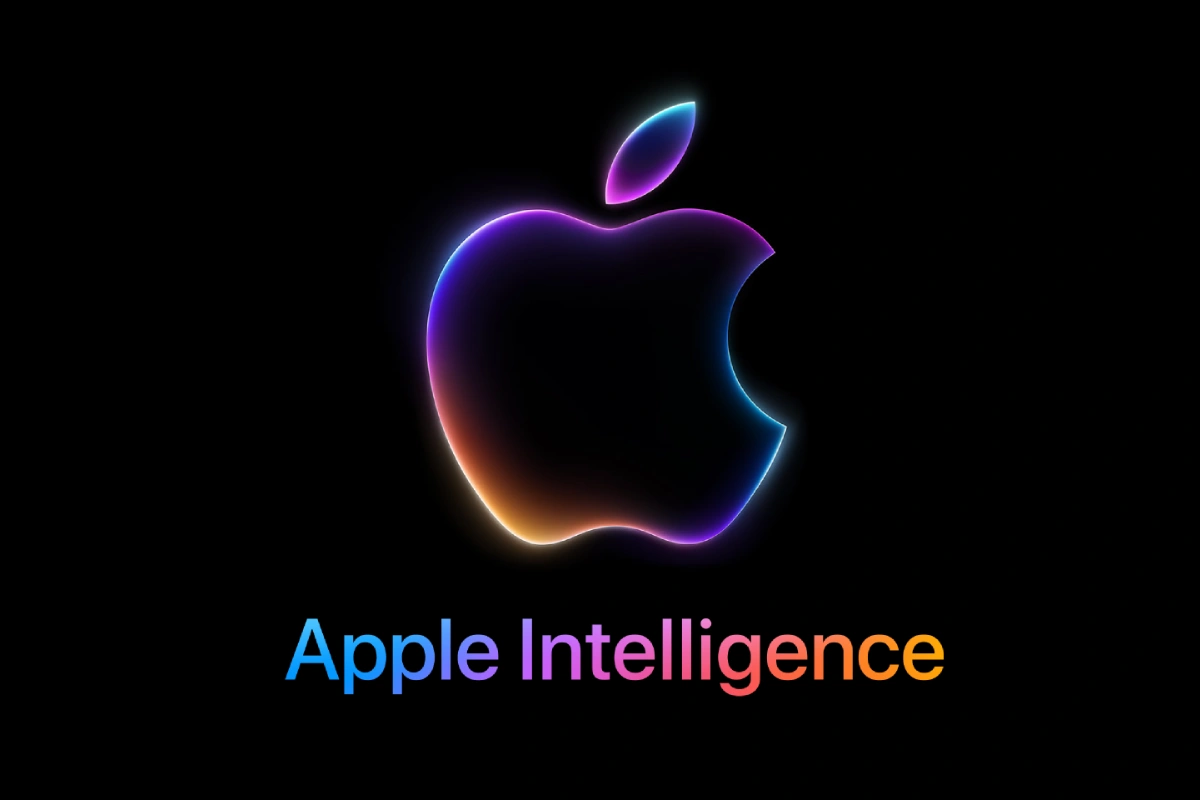The ruling? Anthropic, the AI startup behind the rising Claude model, did not violate copyright law by training its AI on a dataset of books — without asking for permission.
You read that right. Anthropic was taken to court by a group of authors who alleged the company had essentially looted their works to fuel its neural beast. But in a move that’s sending shockwaves through publishing and tech alike, Judge William Alsup said that training an AI model on copyrighted books is “fair use.”
Game. Changed.
💥 Here’s What Just Got Greenlit
The court didn’t just slap down the plaintiffs — it handed Anthropic a loaded weapon. The judge compared AI training to the way a student might learn to write by reading Hemingway or Austen. According to Alsup, there’s a distinction between memorizing a book and learning from it to do something new.
In his own words? Claude doesn’t copy — it transforms.
That’s huge. Because if training on copyrighted content is fair game, then the entire foundation of generative AI just got a legal green light. Every company training on publicly available books, articles, and media now has precedent to stand on.
But let’s not get it twisted — the case wasn’t a total win.
⚖️ The Catch: Anthropic Still on the Hook for Piracy
While training on the books was ruled fair use, Anthropic did screw up in one major way — they admitted to initially acquiring 7 million+ pirated ebooks to build their training library.
Big yikes.
Even though they later bought legitimate copies, the court said the damage was already done. That puts them on the hook for potentially $150,000 in damages per title. Multiply that by a few thousand and you’re looking at a serious payout.
Still, the core principle was upheld: training data does not equal plagiarism.
🚨 Why This Ruling is a Nuclear Bomb for Content Industries
Authors are pissed. The publishing industry is panicking. And Hollywood? Already lawyering up. Because if this ruling holds through appeal (and you better believe there will be one), it means generative models can legally train on nearly everything ever written, filmed, or recorded — as long as the final outputs are transformative.
This opens the floodgates.
Now imagine Claude, GPT, Gemini, and LLaMA all beefed up on Shakespeare, screenplays, and every Pulitzer-winning piece of prose… and they didn’t have to pay a cent in licensing fees. For creators, it feels like the Wild West. For AI companies? It’s a gold rush.
🧬 Here’s the Strategic Shift No One’s Talking About
Every major AI company is going to start doubling down on training their models using “grey area” datasets. What was once risky is now legally fortified. If you’re building AI products — or even thinking about launching your own GPT wrapper, AI tool, or educational assistant — this ruling is your permission slip to scale hard and fast.
This isn’t just a legal victory — it’s a roadmap.
And mark my words: the next unicorns won’t be the ones playing it safe. They’ll be the ones training on everything, refining with reinforcement learning, and launching now while the legal climate favors boldness.
Want to stay ahead of these shifts? Join our subscribers inside Alpha AI — where we turn breaking tech news into actionable opportunities. Courses. Insights. Strategies. Tools. All in one place. Subscribe now before the next headline is about you getting left behind.






